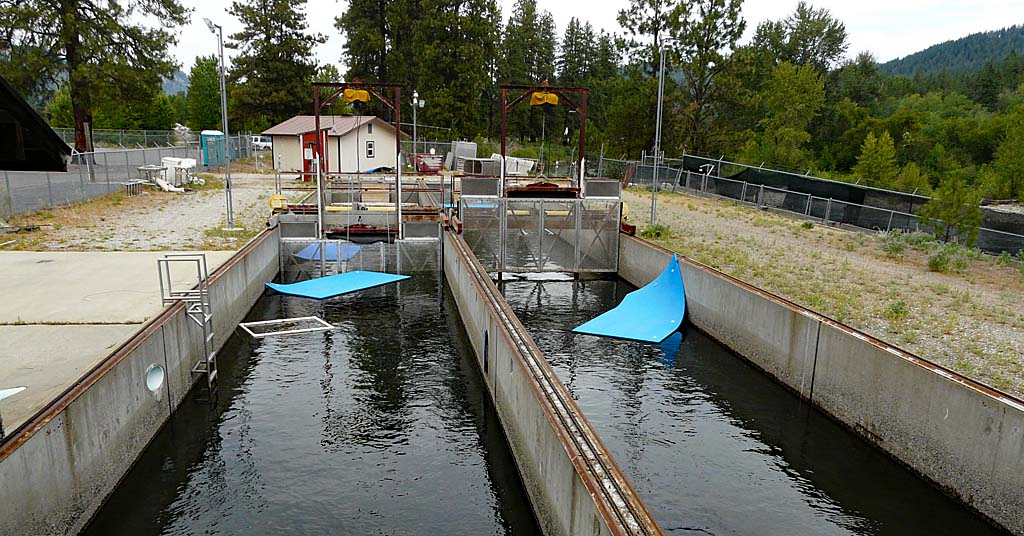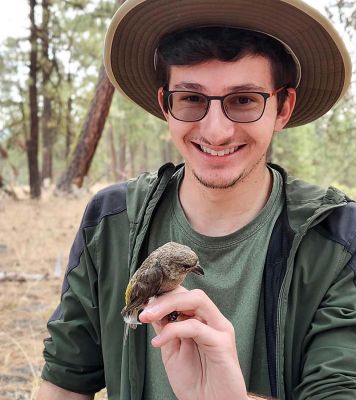Panel approves more OSU Extension small farms agents, minus organic requirement
Published 4:00 pm Wednesday, February 9, 2022
SALEM — A key legislative committee has approved funding for five new small farms Extension agents at Oregon State University but without the requirement they specialize in organic agriculture.
The original version of Senate Bill 1532 would have specifically required OSU to hire organic specialists, which was supported by several organic industry groups.
Trending
“If Oregon fails to invest in organic agriculture, our consumers will continue to buy organic products but the economic benefit will transfer to other states,” said Mike Dill, stakeholder engagement and services manager the Organically Grown Co., a food distributor.
The organic-specific funding in SB 1532 would help level the playing field in Oregon, said Jim Bronec, a farmer in Canby, Ore., speaking on behalf of the Oregon Organic Coalition.
“The research and money available for conventional farming way outstrips organic farming,” he said.
However, the Senate Committee on Natural Resources and Wildlife Recovery amended the bill so the additional Extension positions at OSU’s Center for Small Farms and Community Food Systems will focus more broadly on small farms and ranches.
The committee passed the bill 3-1 on Feb. 8 and sent it to the Joint Ways and Means Committee, which makes budget decisions. Filling the five new positions would cost about $3.3 million over the next three years.
The Oregon Farm Bureau and the Oregonians for Food & Shelter agribusiness group argued the “organic” requirement was too narrow at a time when farmers across the state have suffered from natural disasters and other challenges.
Trending
Meanwhile, OSU has a $2 million budget shortfall that prevents it from meeting current service levels, which should be a funding priority during the 2022 legislative session, the groups said. Additional funding should go toward OSU Extension and agricultural sciences in general, instead of the Center for Small Farms specifically.
“Ensuring that every Oregon farmer has access to support from local research and Extension expertise is the best way to achieve the sustainable outcomes we all seek,” the organizations said in written testimony.
Researchers and Extension specialists at OSU are already “spread too thin,” so lawmakers should direct funding to programs that benefit the state’s agriculture industry as a whole, said Rep. Jami Cate, R-Lebanon.
“There seems to be a sentiment that some farms are better or more deserving of help than others,” but 95% of the state’s farms are family businesses regardless of size, she said.
Every acre of Oregon farmland is needed to feed a growing global population, Cate said. “We need to make sure all of Oregon agriculture has the tools and support to meet this challenge.”
Chris Schreiner, executive director of the Oregon Tilth nonprofit, said the funding for additional organic positions would benefit conventional as well as organic growers.
Increasing organic matter in the soil improves its health and water retention, making farms more adaptable regardless of their designation, he said.
The benefit from cover crops and conservation tillage isn’t limited to organic operations, Schreiner said. “I really do believe all farms can improve their soil health and increase their resiliency in the face of climate change with the selective adoption of some organic practices.”










